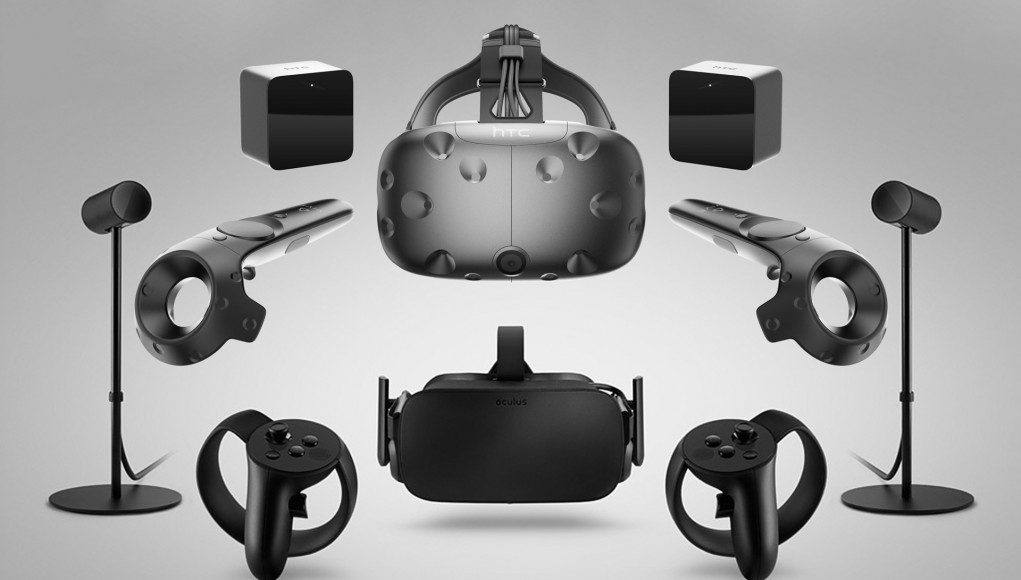-
RockstarRepublic
-
Jamie
-
Torben Bojer Christensen
-
Graham J ⭐️
-
Horror Vacui
-
yag
-
Horror Vacui
-
Torben Bojer Christensen
-
Horror Vacui
-
Torben Bojer Christensen
-
Horror Vacui
-
Torben Bojer Christensen
-
-
-
-
-
Zobeid
-
Horror Vacui
-
Scott C







